Here's How Pipelines Directly Affect the Environment, Wildlife, and Human Beings
Updated Feb. 8 2021, 3:00 p.m. ET
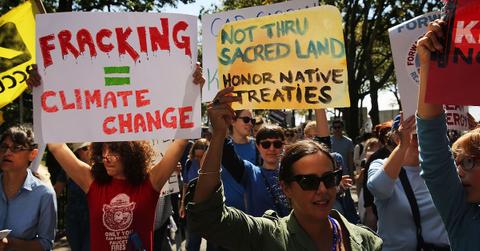
Underground oil pipelines in the U.S. are mainly used to facilitate the transport of oil from one location to another. The government and the companies building these pipelines often speak about how necessary they are while praising their safety, but these justifications aren’t just insulting — they’re false. Make no mistake, underground oil pipelines are bad, just as bad as you’ve heard, and we’re here to tell you why.
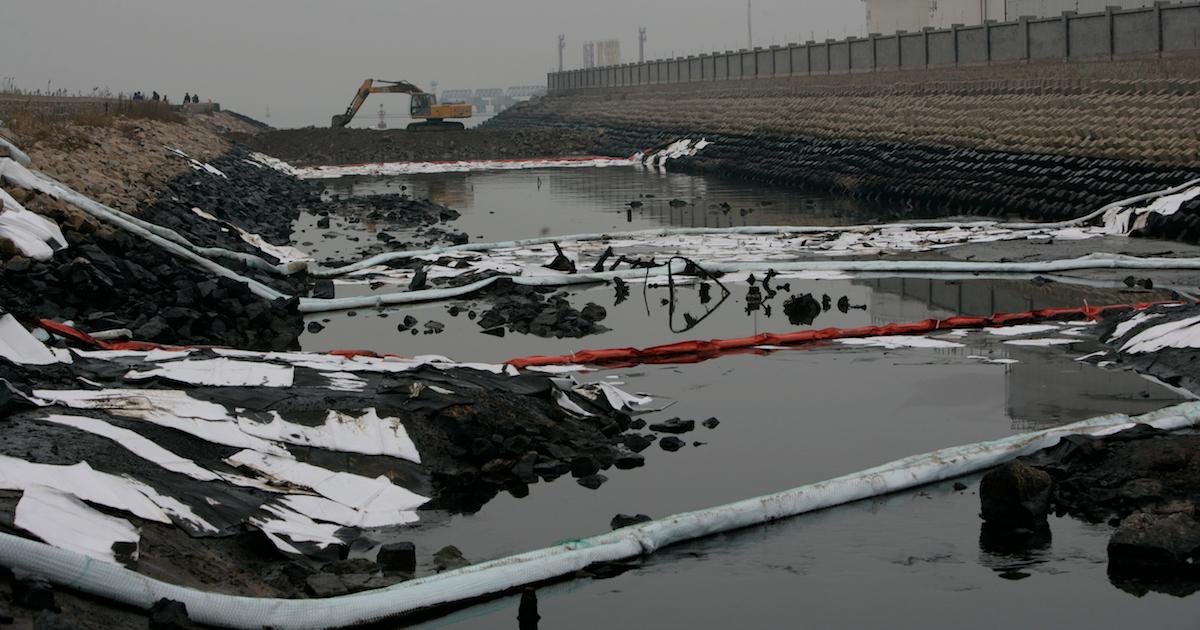
Why are oil pipelines bad?
The oil industry routinely claims that pipelines are the safest, cleanest way to transport oil and gas from one place to the next. They claim that leaks and spills are “uncommon.” The problem is, their own pipelines have resulted in widespread harm to people and the surrounding environment.
However, pipelines leak, spill, rupture, and explode all the time. We’ve seen countless images of crude oil spills on the news, which are particularly devastating to surrounding wildlife. Oil sticks to everything, killing wildlife that wander through it or ingest it, poisoning the ground and polluting local water supplies. Worst of all, though, crude oil can linger in the environment for years after it’s been effectively “cleaned up,” according to the Tip of the Mitt Watershed Council.
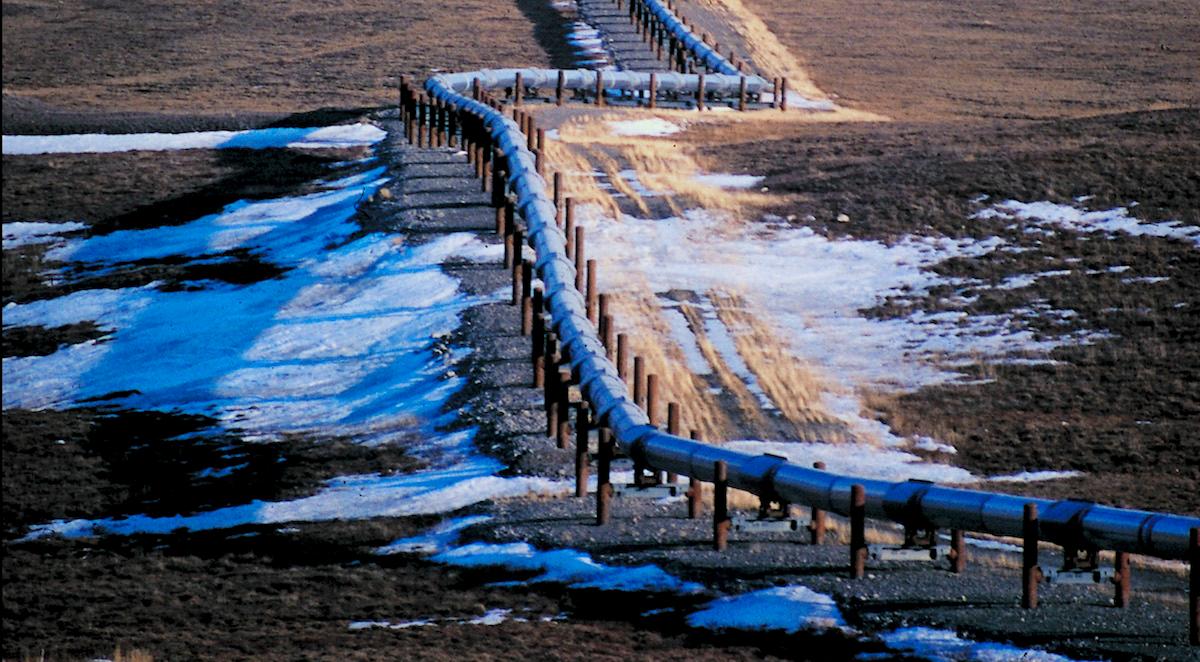
Why are natural gas pipelines bad?
Natural gas leaks can be just as bad — if not worse — than oil pipelines. Crude oil won't spontaneously ignite, even if it’s mishandled, but natural gas, such as propane or methane, can explode without warning. One of the most recent incidents occurred in Prince Georgia, Canada back in 2018, as reported by Global News.
Explosions caused by natural gas can cause immense fires, and huge amounts of destruction to surrounding communities. And because methane is considered a greenhouse gas, exploding methane gas pipelines can cause just as much physical damage and added environmental damage, as methane is yet another greenhouse gas that contributes to climate change.
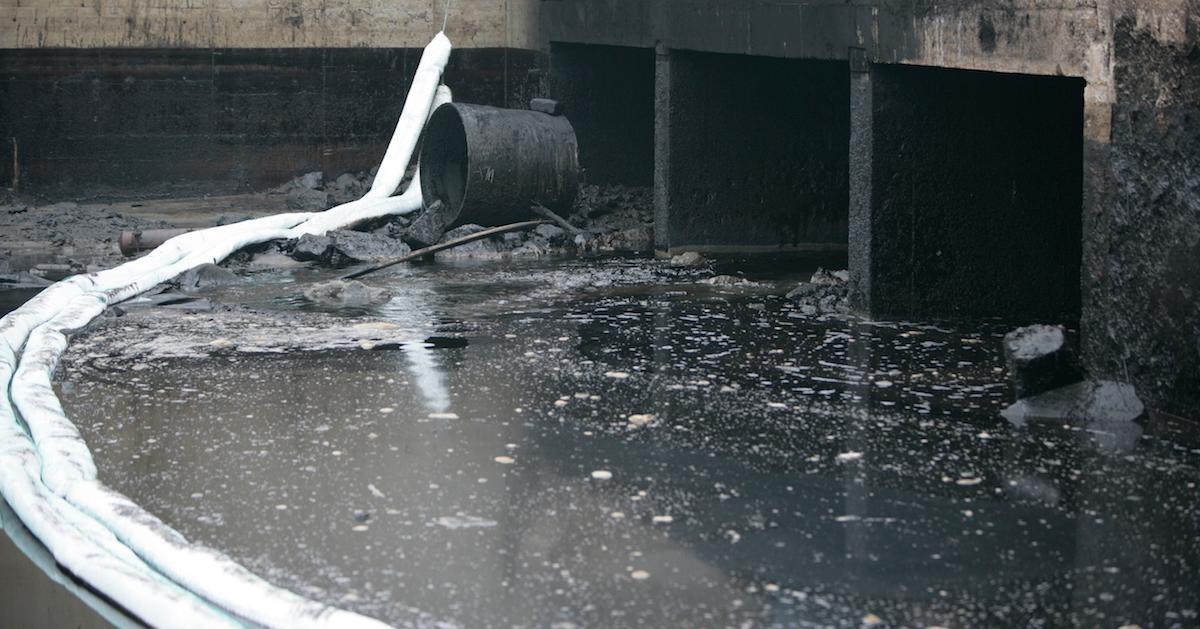
What causes damage to pipelines?
Any little thing can damage a pipeline — natural causes include age, corrosion, or natural force damage, which is generally caused by natural happenings such as hurricanes and earthquakes, according to Watershed Council. However, shoddy workmanship, mismanagement, improper materials, equipment failure, excavation damage, and lax care can cause pipelines to leak or rupture in equal measure.
The Watershed Council also specifies that there are two serious types of pipeline incidents: leaks and ruptures. Leaks are more common and can sometimes be repaired before too much damage is done. Ruptures are another story — if a sudden rupture occurs, the effects can be catastrophic.
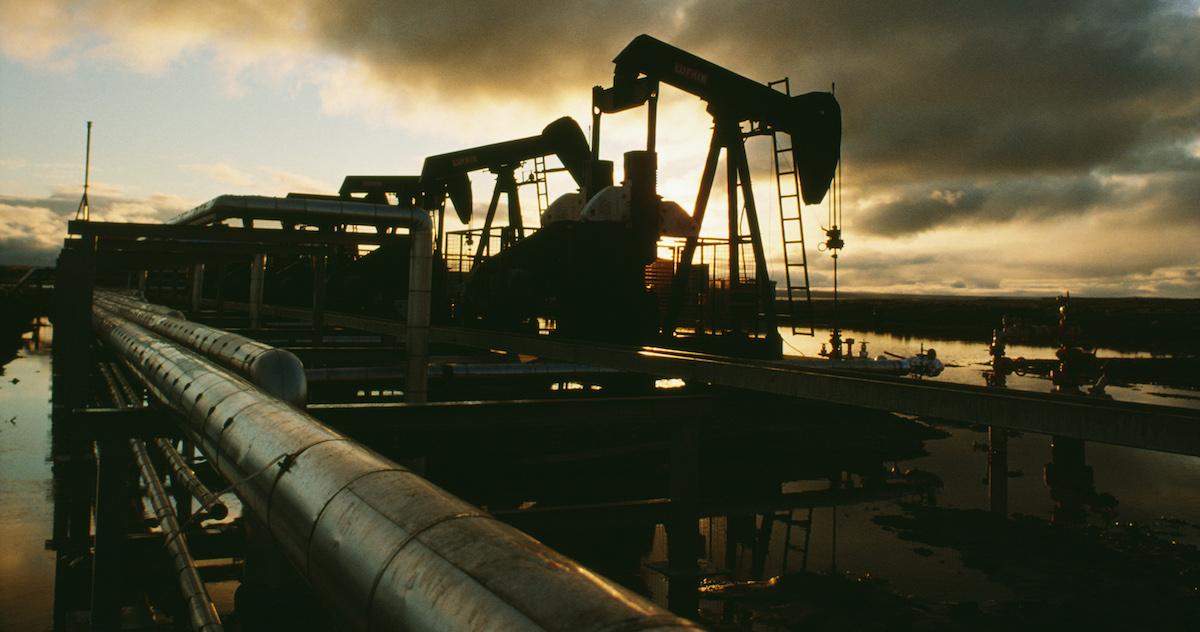
Why do old pipelines break down?
According to Ben & Jerry’s, most of the pipelines in the U.S. were built in the late 1950s and 1960s. Many are even older than that. This means that the majority of hazardous materials beneath our feet are being propelled through antique equipment. There is no way that these old pipes are going to work perfectly forever.
Also as per Ben & Jerry's, even the act of going down to repair them risks damaging the existing infrastructure. It appears that most of the oil and gas companies, government agencies, and pipeline owners don’t feel that repairs are strictly necessary. They only seem eager to fix the problem after an incident has occurred.
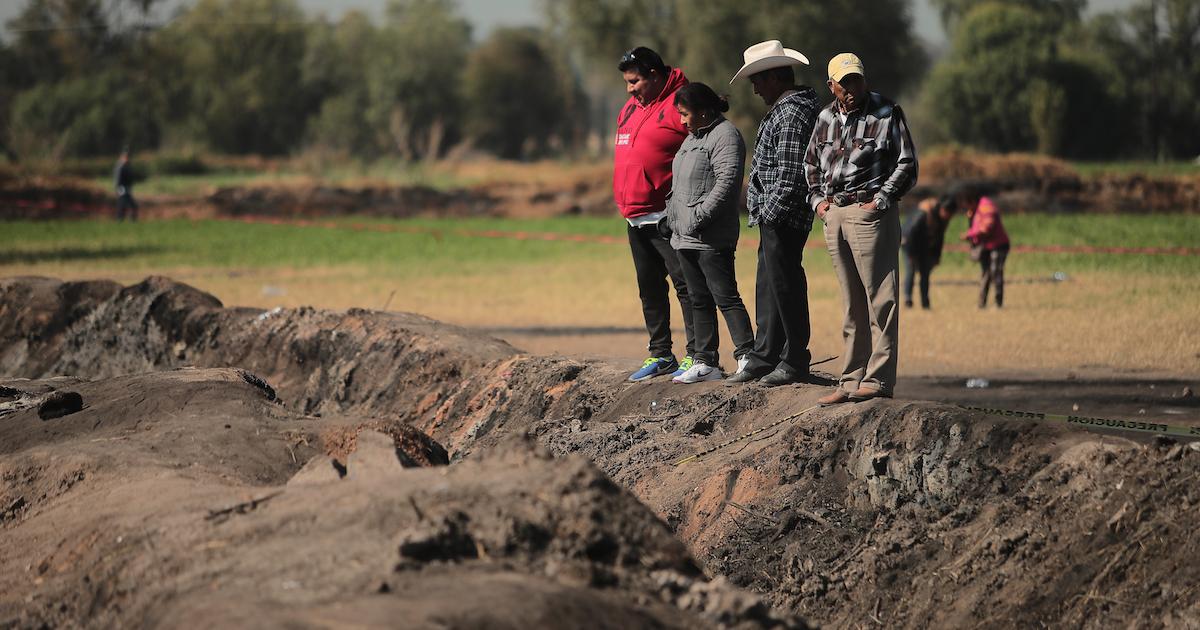
How do pipelines threaten people?
The Dakota Access Pipeline has been a topic of great debate and civil unrest recently. This is because this supposedly “necessary” pipeline actually crossed through the legal territory of the Standing Rock Sioux tribe, which they consider sacred land. The same is true for the indigenous people living near the Keystone XL, Transmountain, and Bayou Bridge pipelines.
According to Greenpeace, pipelines threaten the cleanliness of water supplies, and sites of cultural importance. Due to explosions, they can also be incredibly dangerous. Fortunately for the Standing Rock tribe and other nearby communities, President Joe Biden has already pulled back on building the Dakota Access Pipeline by executive order. It isn’t shut down, but it gave the President the opportunity to halt operations.
According to Prism, those who live in low income, rural, and marginalized communities can be similarly affected by the presence of these dangerous pipelines. They affect the safety of residents by threatening the cleanliness of their drinking water, the air, and the soil. Certain government policies even allow utility company owners to claim ownership of land in and around the pipelines themselves, forcing everyday people into lengthy legal battles with big business.
So long as we continue to depend on fossil fuels for heating, cooling, and operating our vehicles, pipelines will continue to detrimentally affect the environment, surrounding wildlife, and human beings. Thanks to the adoption and improvement of renewable sources of energy, humanity is beginning to see the light. Hopefully, the next few decades will see a massive shift away from dependency on fossil fuels, and the pipelines will become a thing of the past.